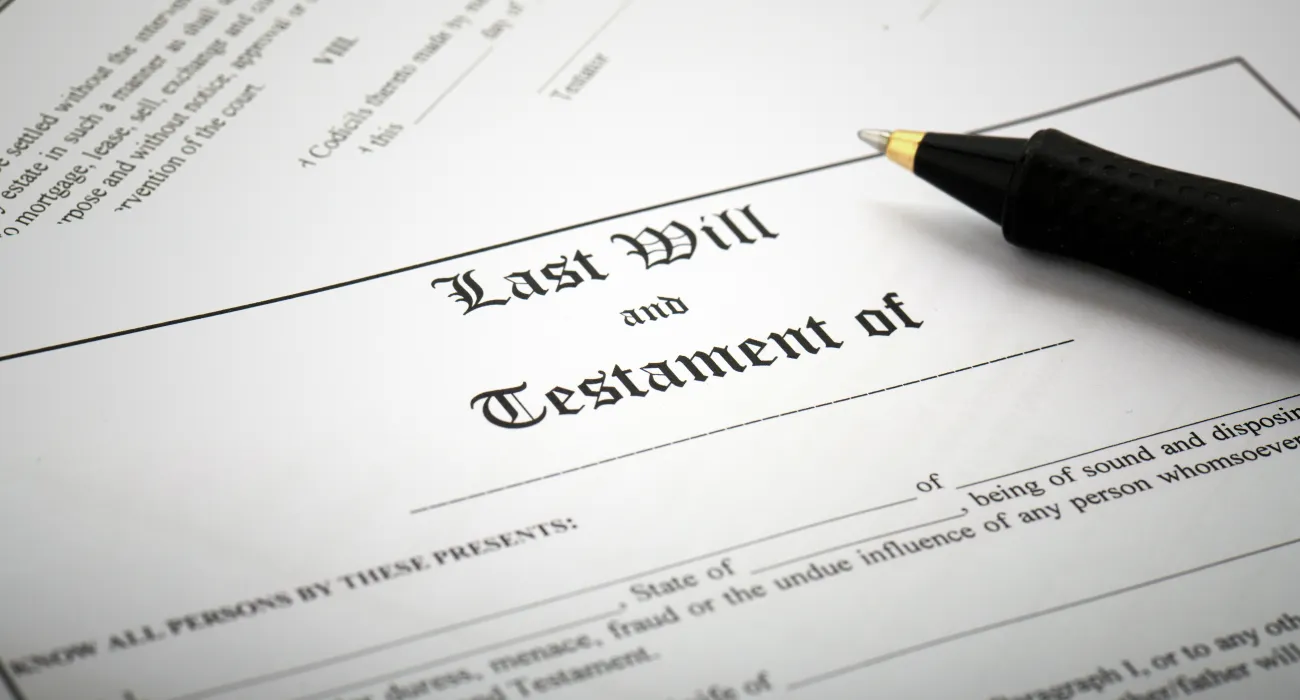What The CEO Of Zappos Taught Us About Having A Will
It happened recently to Aretha Franklin. It also happened to Prince. Now, it has happened to the former CEO of Zappos Tony Hsieh. Whether you have $10,000 to your name or you are a billionaire, time and time again we all learn the lesson and importance of having at least a basic will.
Tony Hsieh sold his first company in his mid 20's to Microsoft for some $265,000,000. He parlayed that money into becoming the CEO of Zappos which sold back in 2009 for 1 billion dollars to Amazon. Tony Hsieh was an eccentric billionaire having invested some $350,000,000 into revitalizing downtown Las Vegas and building his own 1-acre downtown trailer park compound called 'Llamapolis' where he lived full time with two alpacas. Unfortunately, Tony Hsieh who was reported to be worth some $840,000,0000 tragically died without having a will. So, what can happen to your estate if you don't have a will?
First, a little context is required. If you own any property when you die, then your surviving spouse or family will need to go through a legal process called "Probate" in order to legally wind up your affairs, pay off your debts, and transfer your remaining property to surviving family. The Probate process applies whether you have a Will or not. The only way around the Probate process is to own all of your assets through a Living Trust, but that's a whole different story…
If you have a valid will, then the probate process plays out according to the specific wishes in your will, which should include details about who is responsible for administering your estate (the "Executor"), who is guardian for your minor children, who gets your assets, and whether those assets are left outright to people or in creditor protected trusts, just to name a few considerations.
After that little bit of background, we can go on to the answer to the question…
If you don't have a Will, then the Probate process plays out according to default laws in the state(s) where you own property (note that if you own property in multiple states, then different state laws apply to the different properties). Think of these default laws as a generic will template provided by the state. Contrary to one popular belief, states don't automatically take all your assets if you don't have a will. However, the end result of the probate process under default state laws may not be anything close to your actual wishes. Specifically, here are some examples of how the probate process may be more confusing, costly, and inconsistent with your wishes if you don't have a Will.
- Without
a Will, your family must agree who will be the Executor of your estate, and
this can cause tension and power struggles.
Or, even worse the courts will appoint executors and that may not comply
with your wishes.
- If
you are survived by minor children and there is no other living parent, your
family and the courts must determine who will be Guardian for your children.
This can cause an even bigger conflict.
- Without
a will, state default laws determine who gets your assets, and this may not be
consistent with your wishes. For
example, certain state default laws can force your assets to be divided between
your surviving spouse and your children (even babies). In addition to being inconsistent with your
wishes, this can create additional costs and complexities in the probate
process.
- Without
a will, you miss the opportunity to create one or more trusts to protect assets
for your family or friends against creditor claims, including claims by a
divorcing spouse.
- Without
a will, the probate process can be more costly and subject to more oversight by
the court system, which must play a larger role due to the absence of specific
wishes from the deceased person.
- Remember,
that if you have IRA's, 401(k)'s, or Life Insurance, those assets have a named beneficiary,
and your money will go to exactly who you specified as that beneficiary. Many times, people don't change these when
they get married, divorced, or there is a death in the family.
- Last, if you have real property in another state (example being you live in Georgia, but you have a second property in Florida), the real property is going to go through probate in the state where the property is located and not where you actually live.
If you die without a valid Will in place, then the process of winding up your affairs will be more confusing, costly, and contentious for your family. Most likely, the end result will be inconsistent with your wishes. We don't know what will happen with Tony Hsieh's estate as of yet, but with more than 300,000 people dying this year due to the coronavirus it is highly recommended you put getting a will on your financial planning list in 2021.
Is it time you learned more about how to set a will? Try www.trustandwill.com as a great place to start.
If you don't know what your estate plan should look like, please Set up an appointment today!
If you would like to receive more information on making smart money moves for your future, be sure to contact us today!





